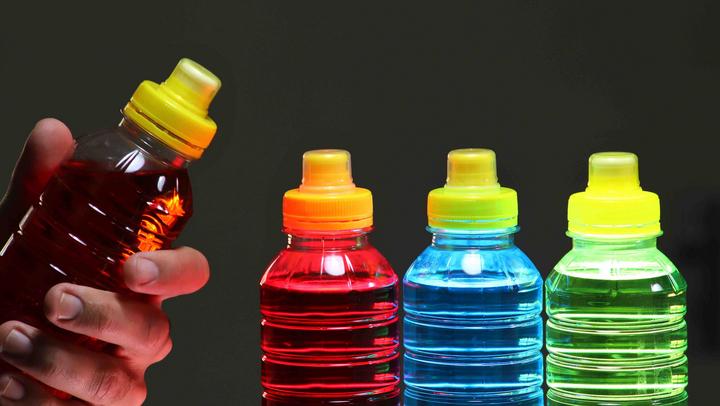Bokkala Parthasaradhi Reddy, Lead Consumer Analyst at GlobalData, comments: “Over the last few years, a health-oriented approach to life has gained a new meaning. Globally, an increasing number of consumers are seeking products that will help them address specific aspects of their overall wellness, such as stress management, sufficient rest, anxiety-easing, and embracing sobriety or mindful drinking. As a result, they are reaching out for goods with added functionalities, active ingredients, or clearly stated health benefits. With their neuroprotective, anti-fatigue, and anti-depressive properties, adaptogens provide multiple benefits, such as boosting immunity, easing anxiety, and relieving stress, which are some of the major consumer focus areas following the pandemic.”
Deepak Nautiyal, Consumer and Retail Commercial Director, APAC and Middle East at GlobalData, notes; “Adaptogens are the new functional ingredients that have found a foothold in non-alcoholic drinks. They can be plant-based or synthetic and can be easily added to a multitude of drinks, such as carbonates, juice, and tea/coffee without altering the flavor or taste profile of these drinks. One of the primary advantages of adaptogens is the ease of use, as they can be consumed as dietary supplement capsules, in teas, or added to non-alcoholic drinks such as carbonates and juice. However, adaptogens cannot be termed as exclusive ingredients as many of them provide the benefits of nootropics and immunomodulators and the other way around.”
Reddy adds: “Some of the common plant-based adaptogens include Panax ginseng, Rhodiola crenulata, and Schisandra chinensis, which have been used to control or manage multiple conditions, including blood sugar control, brain health, fatigue, anxiety, depression, stress, liver diseases, and menopause symptoms. Ginseng is the most popular among these adaptogens and is widely used for its immunity-boosting attribute. Meanwhile, synthetic adaptogens, known as “actoprotectors” have similar functions and enhance body stability without increasing oxygen consumption or heat production, boosting mental and physical resistance, and increasing blood flow. However, these attributes, which enhance the appeal of synthetic adaptogens, also make them unsuitable for consumption by athletes.”
Nautiyal concludes: “The benefits of adaptogens, which include managing stress and anxiety, are among the most sought-after features among consumers. In non-alcoholic drinks, adaptogens are being used in beverages positioned as alcohol substitutes, and natural energy drinks or night-time drinks that are claimed to improve the quality of sleep and rest, and their adoption is expanding. However, adaptogens are new to the market, and the potential impact of long-term use has not been proven. For instance, dosage control and the potential reactions to medications are still being studied. Hence, despite the significant benefits, adaptogens cannot be a universal panacea for addressing stress and anxiety. Manufacturers will have to address these concerns to push more brands to adaptogens.”




